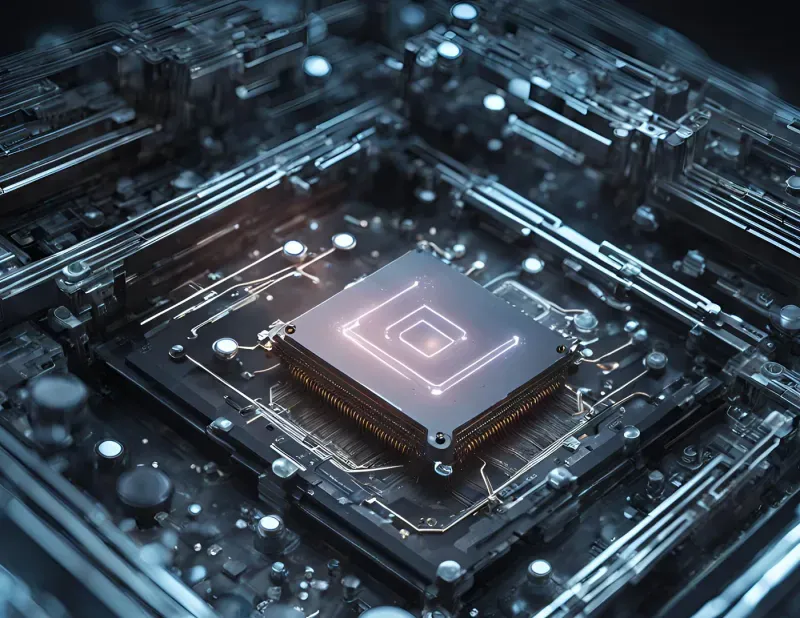The Convergence of GPUs, AI, and Quantum Computers
In the rapidly evolving landscape of technology, the convergence of Graphics Processing Units (GPUs), Artificial Intelligence (AI), and Quantum Computers is poised to reshape the way we approach complex problems and drive innovation across a wide range of industries.
The Power of GPUs
GPUs have long been known for their exceptional performance in handling complex graphics and video processing tasks. However, their capabilities extend far beyond the realm of visual computing. These highly parallel processing units have become indispensable in the field of data processing and machine learning, where their ability to perform massive parallel computations has proven invaluable.
The Rise of AI
Artificial Intelligence, with its ability to interpret, learn from, and respond to data, has become a transformative force in numerous industries. From autonomous driving to personalized medicine, AI has demonstrated its potential to solve complex problems and unlock new possibilities.
The Promise of Quantum Computing
Quantum computers, with their unique ability to operate on quantum bits or qubits, offer the promise of computational power that far exceeds the capabilities of classical computers. These quantum systems have the potential to tackle problems that are intractable for traditional computers, opening up new frontiers in fields such as cryptography, materials science, and drug discovery.
Integrating the Technologies
The integration of GPUs, AI, and Quantum Computers holds immense potential. GPUs can accelerate AI processes by handling the massive parallel computing tasks required for deep learning and neural networks. Quantum computing, in turn, could revolutionize AI by providing the computational power to handle even more complex models and improve optimization algorithms.
Real-World Applications
The convergence of these technologies promises to unlock a wide range of real-world applications. Enhanced machine learning capabilities could drive breakthroughs in fields like autonomous driving, personalized medicine, and climate modeling. Advancements in cryptography and security could also be achieved through the integration of quantum computing.
Challenges and Considerations
While the potential benefits of this convergence are vast, it also presents significant technical, ethical, and regulatory challenges that need to be addressed. Ensuring the responsible development and deployment of these technologies, while mitigating potential risks and unintended consequences, will be crucial as we navigate this transformative era.
Read more about this here.

